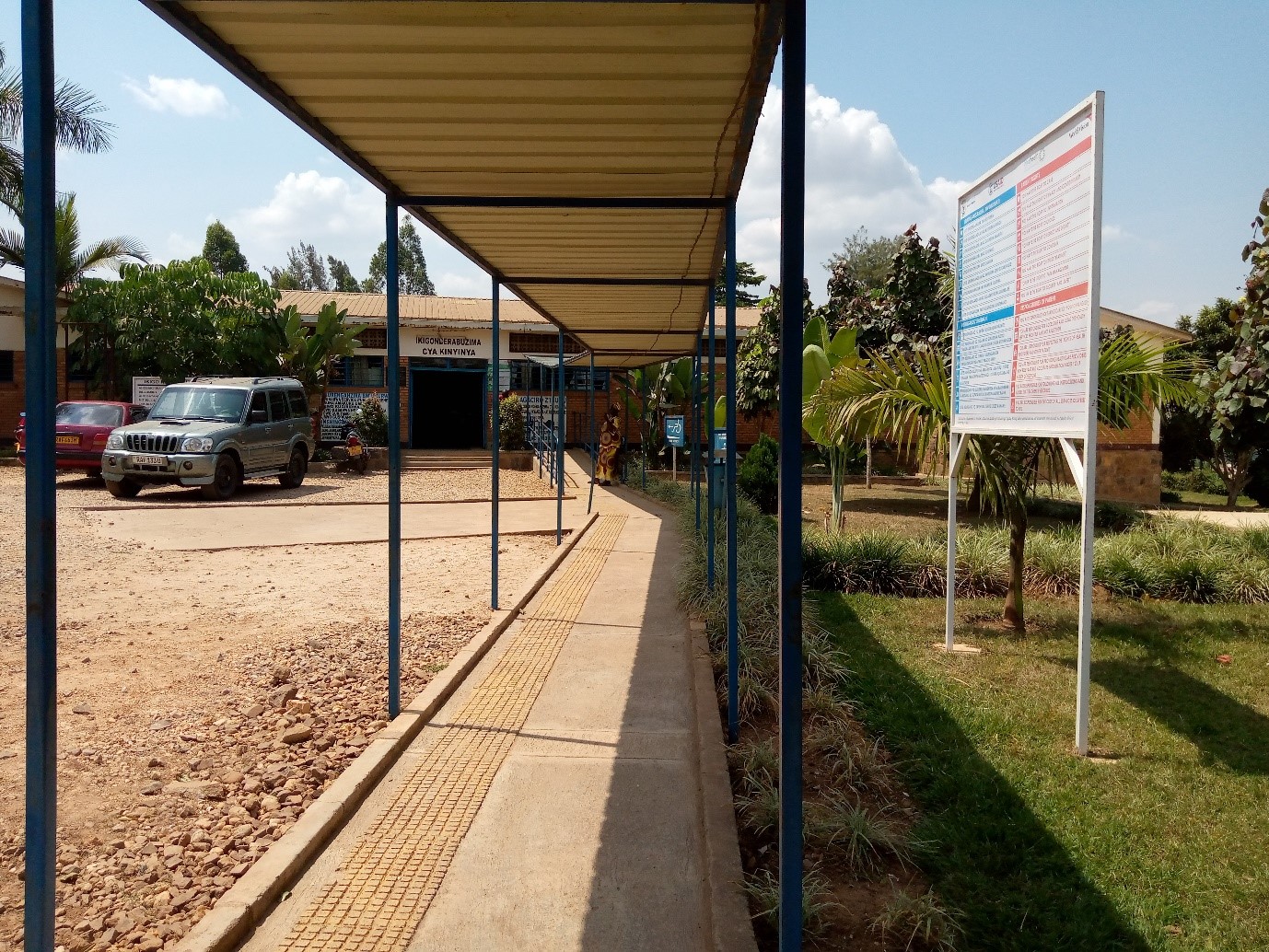
News
Inclusive Care
Play audio version
Rwanda’s Bold Initiative to Transform Healthcare Accessibility for Persons with Disabilities
September 6, 2023
For decades, persons with disabilities in Rwanda faced significant challenges in accessing healthcare services. The country’s health centers often lacked the necessary accommodations. Physical, material and communication barriers, in addition to stigma against persons with disabilities and a lack of understanding among healthcare providers, were some of the obstacles. However, in 2017, the Rwanda Ministry of Health, in partnership with WaterAid and UPHLS (the Umbrella of Organizations of Persons with Disabilities in the fight against HIV/AIDS and for Health Promotion), initiated an ambitious plan to renovate outdated healthcare centers, prioritizing accessibility for persons with disabilities across the country.
The effort aligns with Rwanda’s 2021 National Policy on Disability and Inclusion, which outlines a specific objective of promoting access to health care and rehabilitation for persons with disabilities. The policy designates over 4.4 billion Rwandan francs (3.6 million US dollars) to the provision of disability-related healthcare services to persons with disabilities through 2024/2025.
Since 2017, the Ministry of Health and UPHLS have physically renovated dozens of health centers, targeting accessibility improvements for persons who are blind and/or persons who use canes and wheelchairs. The program will continue until all health centers in Rwanda are accessible to all persons with disabilities, with a goal of renovating six centers per year. As of August 2023, 30 of the 513 health centers in Rwanda have been renovated.
“Having access to health services to persons with disability in Rwanda is like dreams that we all wish to be true,” says Aimable Irihose, executive director of the Rwanda Organization of Persons with Physical Disabilities and Wheelchair Users. Widely held stigma against disability has contributed to the limited access to health services. “Persons with disability were hidden [so] that no one would know that a family has a person with disability,” he says.
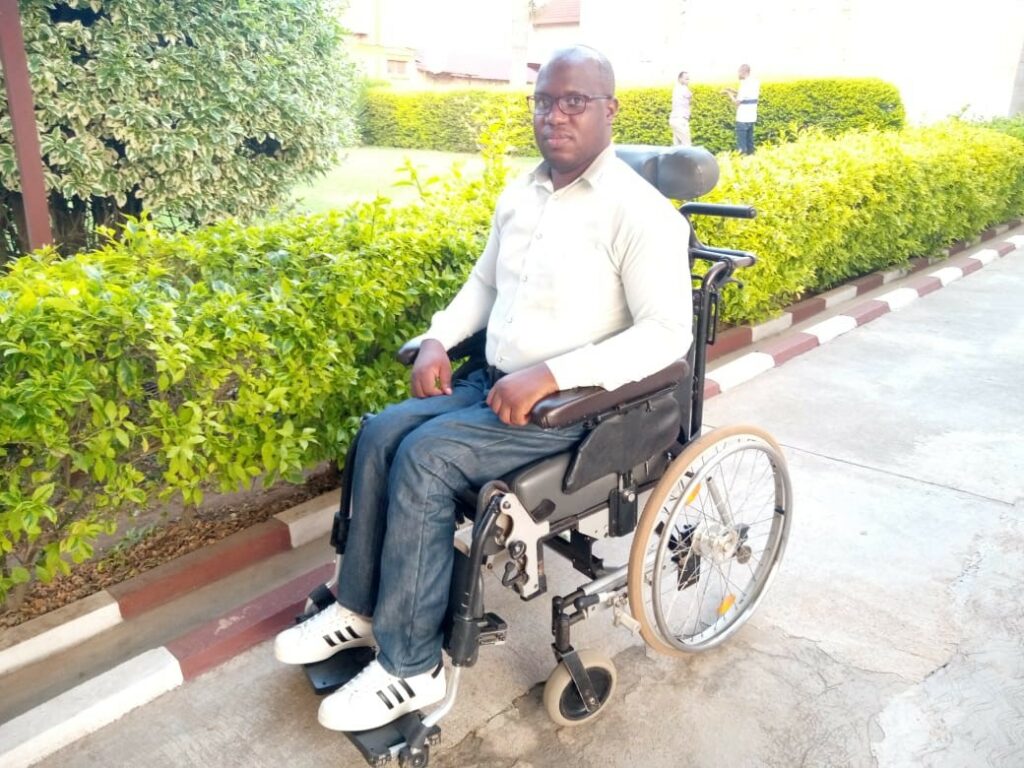
In general, persons with disabilities are poorly served at inaccessible health centers, often deterring them from seeking medical assistance, says Irihose. As a result, some Rwandans with disabilities opt to take medicine on their own – without medical consultation – with potentially fatal consequences.
Rwandans with disabilities have been waiting for accessible health care for a very long time, says Irihose: “We are going to enjoy services [at] the renovated [health centers], and I hope that it’s going to give a significant change in service delivery.”
Donatien Bajyanama, health facility development specialist at Rwanda Ministry of Health and a point person for the promotion of inclusion and access to services for persons with disabilities, says that most Rwandan health centers and hospitals were built many years ago without the needs of persons with disabilities in mind. The project is now updating these facilities with accessibility as a priority, ensuring all surfaces are well-cemented, changing stairs into ramps, adding Braille signage and tactile indicators for blind persons, updating parking, and rebuilding bathrooms according to new building codes that include persons with disabilities. In accordance with the 2021 National Policy on Disability and Inclusion, advocates say the development of future building codes must involve the direct consultation of persons with disabilities.
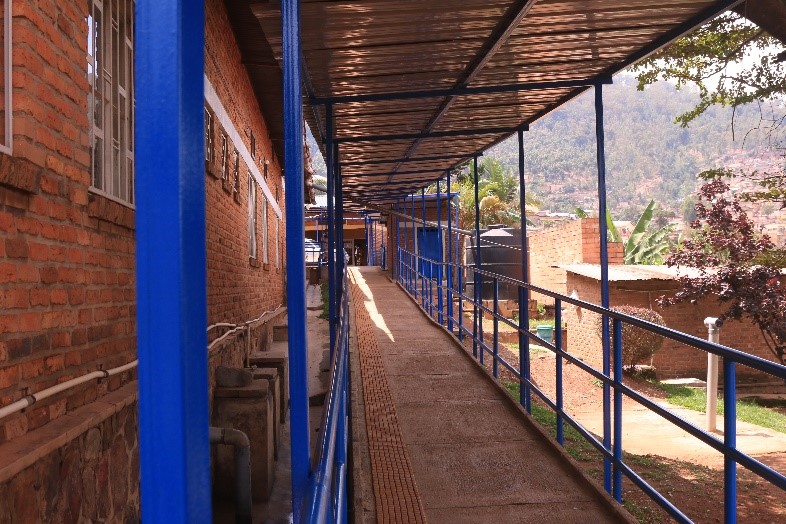
All new health centers and hospitals will be built according to Rwandan building code, which was recently revised with accommodation requirements for persons with disabilities.
Typically, a health center is identified to be upgraded based on an assessment of its existing accessibility features and the number of persons with disabilities who use the facility, says Francois Xavier Karangwa, UPHLS executive director. Throughout the process, it is critical that health center leaders remain willing and flexible to work with UPHLS.
“We started with one upgraded health center in every province of Rwanda as exemplary of others, and we hope that persons with different physical disabilities and blind persons are enjoying services to the renovated centers,” says Bajyanama.
Christine Uwingabiye says the renovated health center she works at in Kigali-Gasabo has eliminated physical barriers to accessing care. They built a ramp at the entrance to the building, making services more accessible to persons with physical disabilities and to persons who are blind or have low vision. UPHLS also rebuilt the center’s bathrooms and parking to be accessible for wheelchair users, she says.

“It is really a good thing [for] the persons with disability, as they are entering every door without any barrier,” says Uwingabiye. “In addition, this renovation has eased our services, as we no longer lift up anyone; people with disabilities are accessing services without anyone’s help as [they required] before.”
Though the health center is now physically accessible, its signage and information still need to be more accessible to all persons with disabilities. Hospital staff should be trained in sign language, and prescriptions and other medical information should be made available in Braille, Uwingabiye says.
Karangwa says some of the challenges to renovating the health centers include insufficient funds for remodeling and limited participation from certain communities. Some local authorities and civilians are reluctant to support the project due to stigma against disability, believing the upgrades will only benefit persons with disabilities. Advocates working to make other spaces more accessible face similar challenges in Rwanda. Even some offices for some organizations of persons with disabilities (OPDs) are not accessible to all of their members.
Bajyanama stresses that widespread support and contribution are still needed to make health services fully accessible for Rwandans with disabilities. “This is a journey started to make accessible health services to [persons with disabilities] in our country,” he says. “If we remember that everyone is a candidate for disability, we should contribute and need more partners in this task.”
Francine Uwayisaba is a contributing writer with the Disability Justice Project and a field officer at Rwanda Union of Little People (RULP). At RULP, she is in charge of the organization’s communications. She writes grants, manages RULP’s social media, and composes articles and weekly updates for the website. @2023 DJP. All rights reserved.
News From the Global Frontlines of Disability Justice
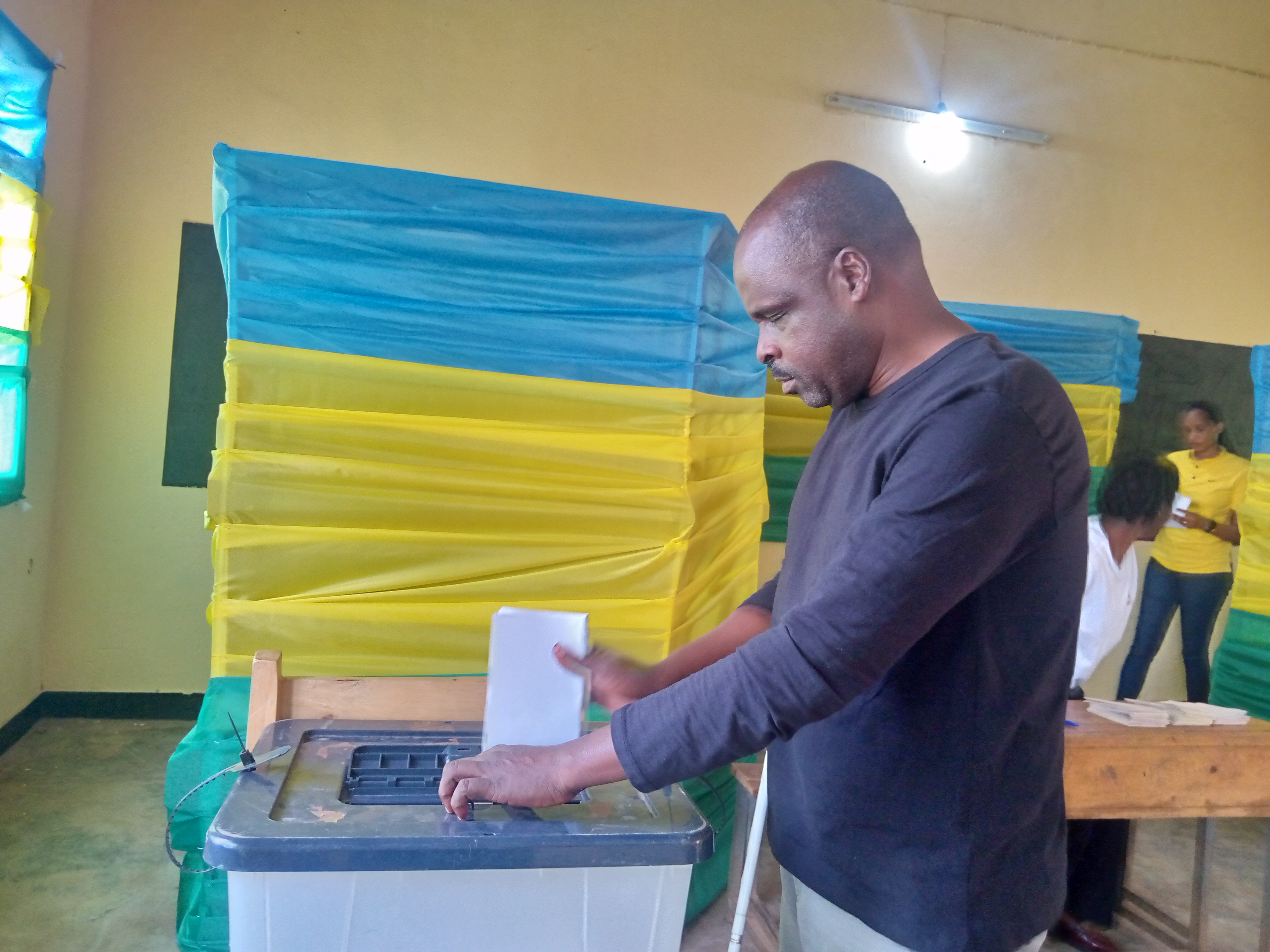
Advancing Democracy
Rwanda has made significant progress in making its elections more accessible, highlighted by the July 15 general elections where notable accommodations were provided. This was a major step forward in disabled Rwandans’ quest for equal rights and participation. “You cannot imagine how happy I am, for I have voted by myself and privately as others do accessibly,” says Jean Marie Vianney Mukeshimana, who used a Braille voting slate for the first time. “Voting is a deeply emotional and meaningful experience for a person with any disability in Rwanda, reflecting a blend of pride, empowerment, and hope.”
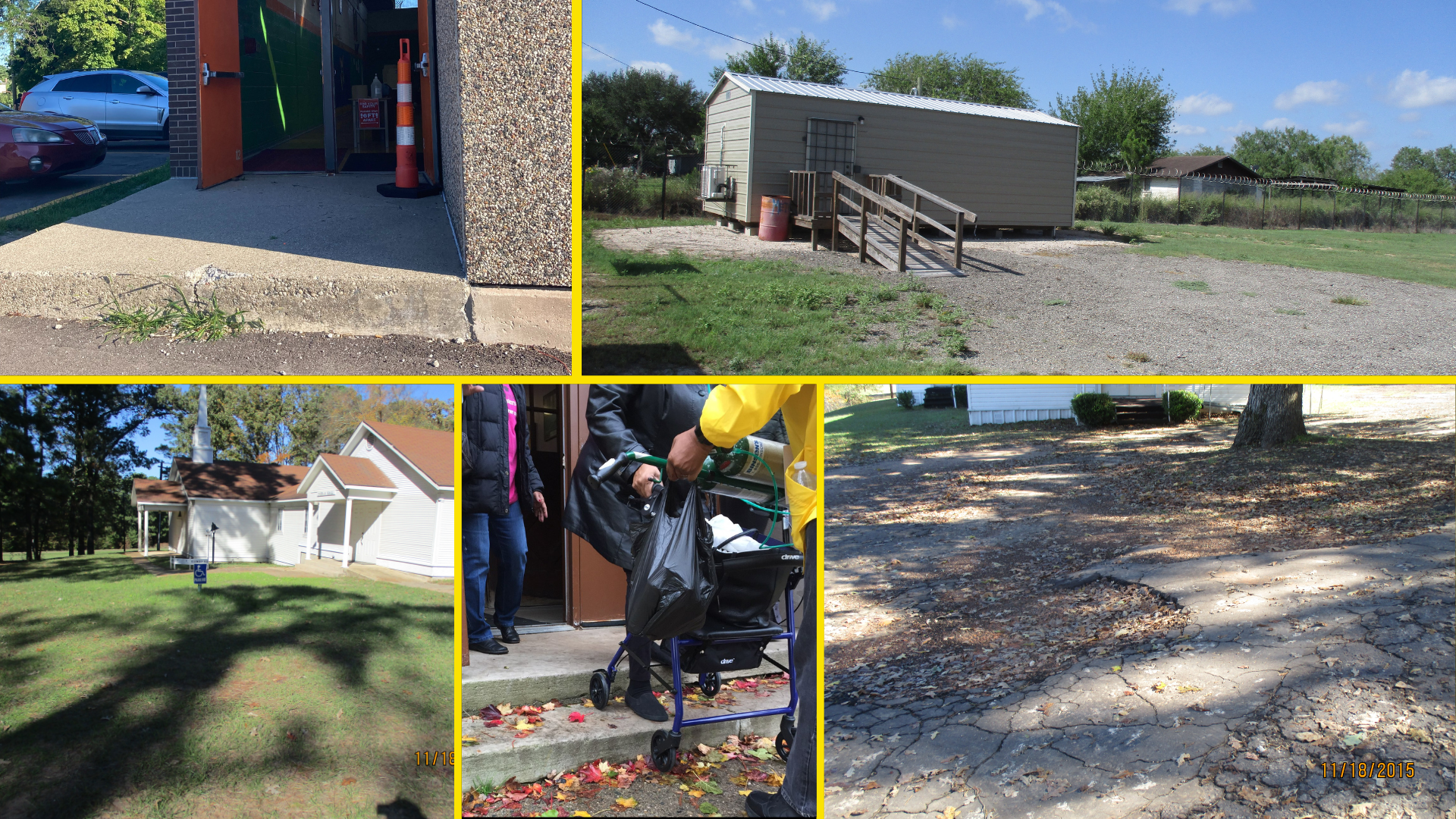
Barriers to the Ballot
Despite legislation like the Americans with Disabilities Act, barriers at the polls still hinder — and often prevent — people with disabilities from voting. New restrictive laws in some states, such as criminalizing assistance with voting, exacerbate these issues. Advocacy groups continue to fight for improved accessibility and increased voter turnout among disabled individuals, emphasizing the need for multiple voting options to accommodate diverse needs. ““Of course, we want to vote,” says Claire Stanley with the American Council of the Blind, “but if you can’t, you can’t.”
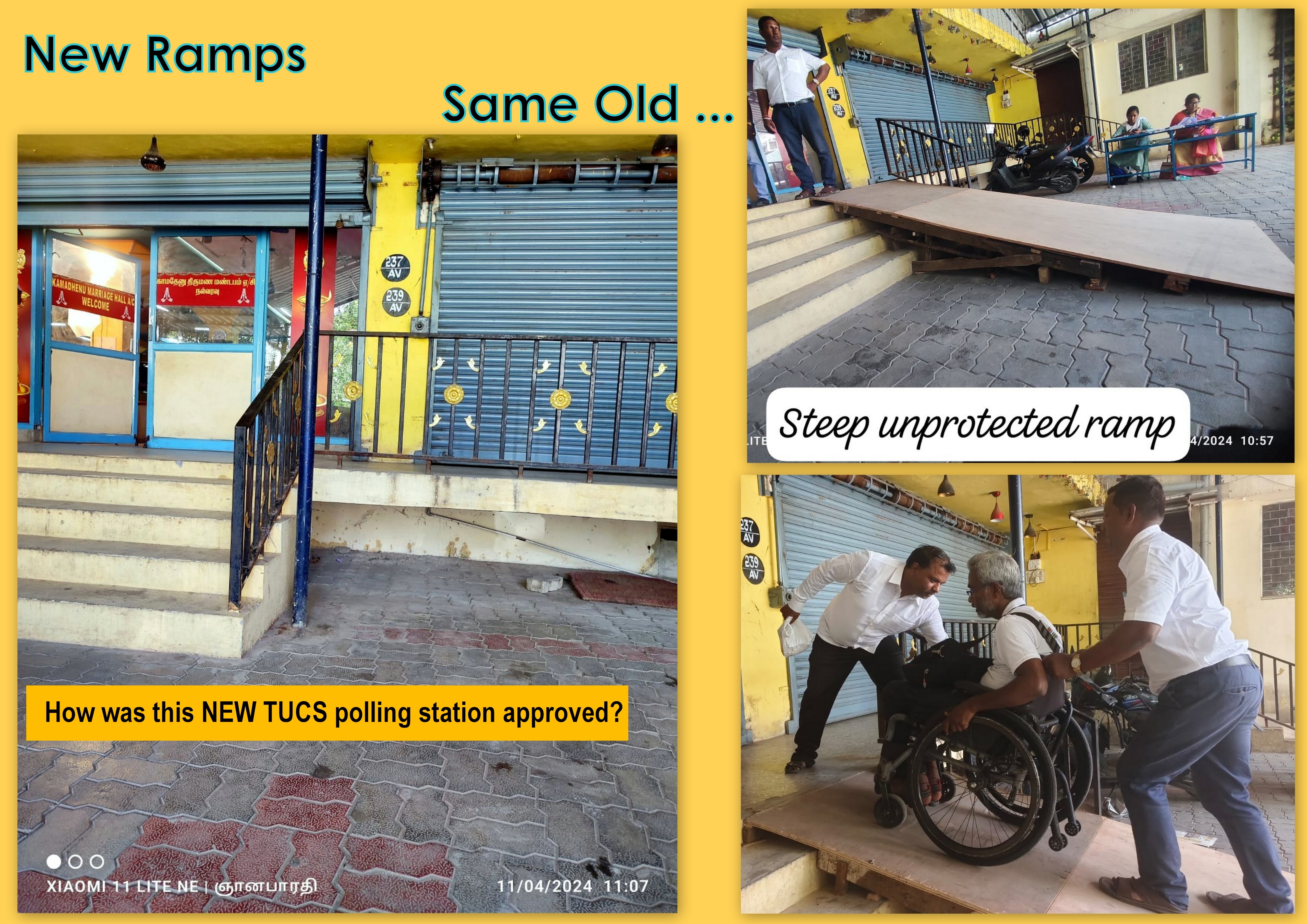
Democracy Denied
In 2024, a record number of voters worldwide will head to the polls, but many disabled individuals still face significant barriers. In India, inaccessible electronic voting machines and polling stations hinder the ability of disabled voters to cast their ballots independently. Despite legal protections and efforts to improve accessibility, systemic issues continue to prevent many from fully participating in the world’s largest democracy. “All across India, the perception of having made a place accessible,” says Vaishnavi Jayakumar of Disability Rights Alliance, “is to put a decent ramp at the entrance and some form of quasi-accessible toilet.”
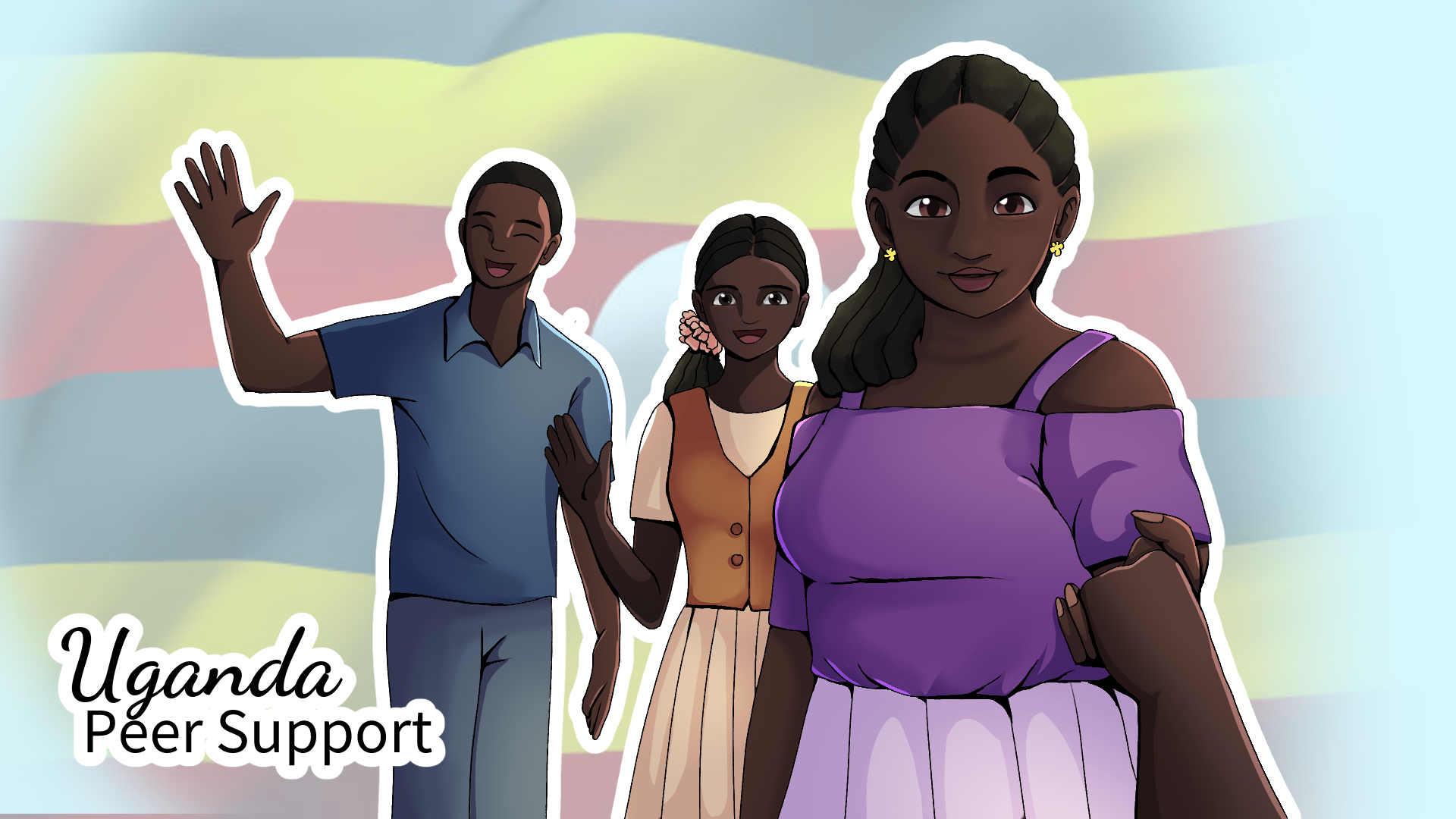
Triumph Over Despair
DJP Fellow Esther Suubi shares her journey of finding purpose in supporting others with psychosocial disabilities. She explores the transformative power of peer support and her evolution to becoming an advocate for mental health. “Whenever I see people back on their feet and thriving, they encourage me to continue supporting others so that I don’t leave anyone behind,” she says. “It is a process that is sometimes challenging, but it also helps me to learn, unlearn, and relearn new ways that I can support someone – and myself.”
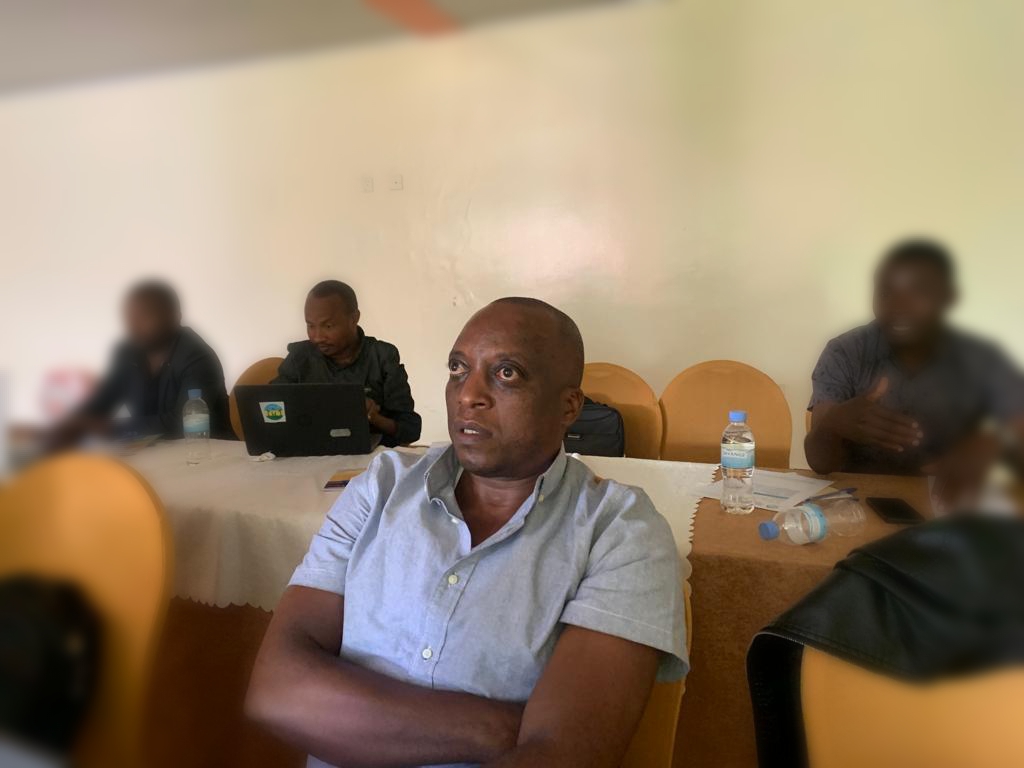
‘Our Vote Matters’
As Rwanda prepares for its presidential elections, voices like Daniel Mushimiyimana’s have a powerful message: every vote counts, including those of citizens with disabilities. Despite legal frameworks like the UN Convention on the Rights of Persons with Disabilities, challenges persist in translating these into practical, accessible voting experiences for over 446,453 Rwandans with disabilities. To cast a vote, blind people need to take a sighted relative to read the ballot. An electoral committee member must be present, violating the blind person’s voting privacy. “We want that to change in these coming elections,” says Mushimiyimana.
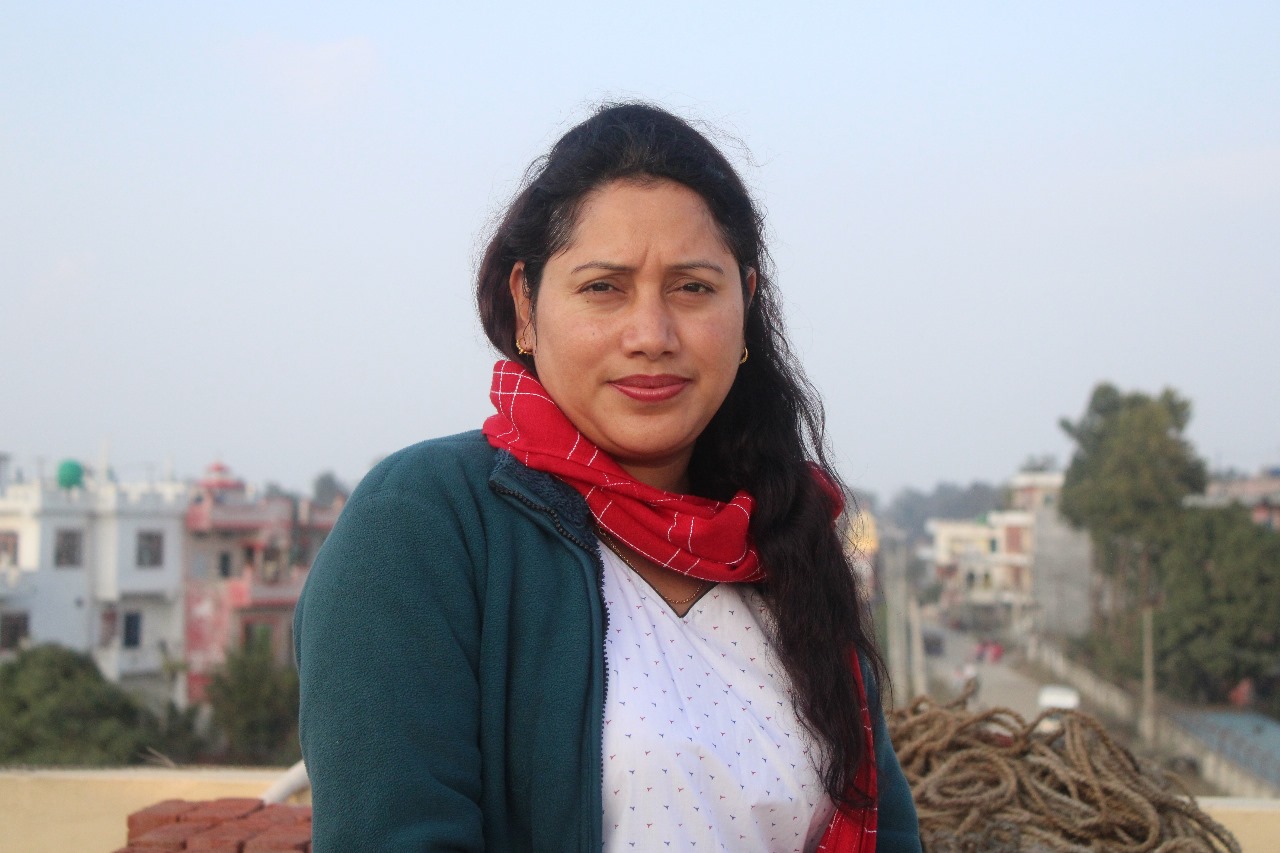
Voices Unsilenced
Often dismissed as a personal concern, mental health is a societal issue, according to Srijana KC, who works as a psychosocial counselor for the Nepali organization KOSHISH. KC’s own history includes a seizure disorder, which resulted in mental health challenges. She faced prejudice in both educational settings and the workplace, which pushed her towards becoming a street vendor to afford her medications. Now with KOSHISH, she coordinates peer support gatherings in different parts of Nepal. “It is crucial to instill hope in society, recognizing that individuals with psychosocial disabilities can significantly contribute,” she says.